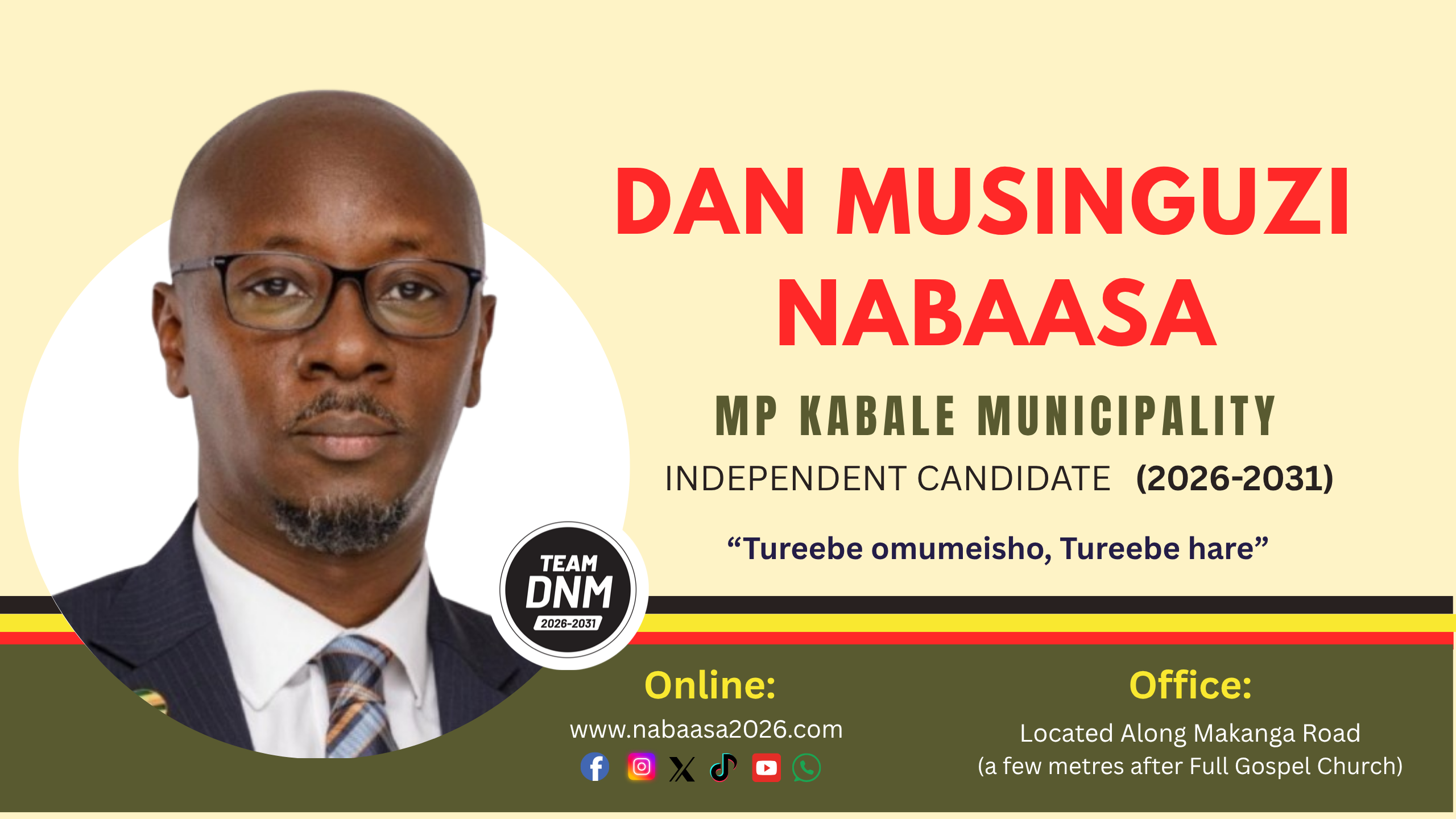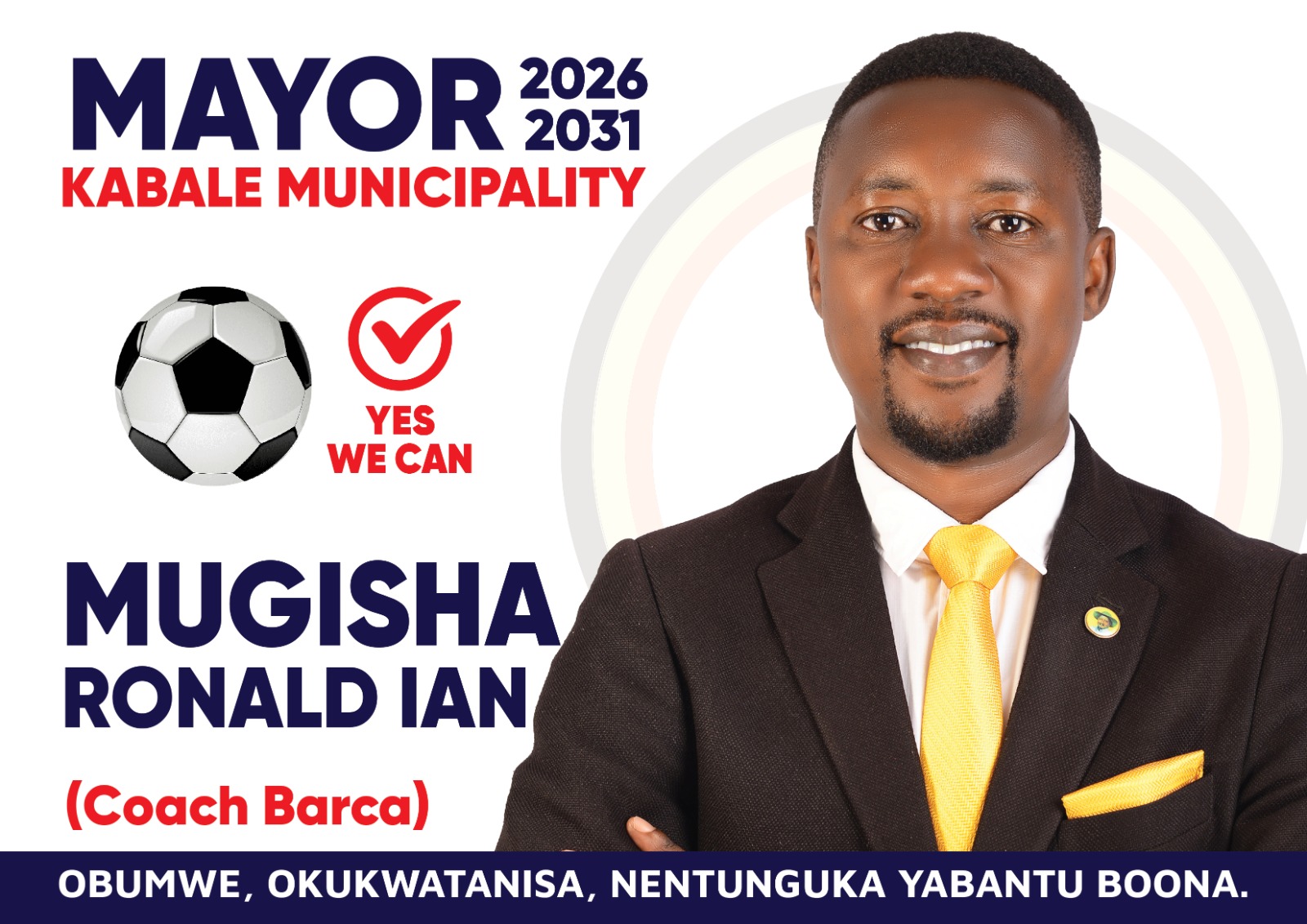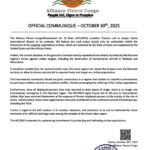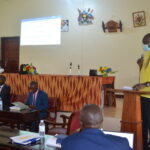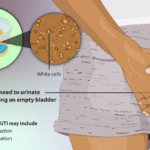
On a blazing afternoon in Kampala, it’s easy to spot footballers, cyclists, and runners pushing their bodies to the limit. What’s less visible, however, is the silent risk many athletes face: dehydration. In Uganda’s hot and humid climate, staying hydrated isn’t just about quenching thirst, it’s about protecting performance, preventing injury, and in some cases, avoiding life-threatening heat illness.
“Hydration is not just about drinking water. It’s about balancing fluids, electrolytes, and energy,” says Kamara Daniel, a nutritionist at Bwindi Community Hospital’s Nutrition Rehabilitation Centre.
So how can Ugandan athletes, whether seasoned marathoners or weekend footballers, fuel their bodies smartly before, during, and after training? Here’s a breakdown.
Why Fluids Alone Aren’t Enough
When we sweat, we don’t just lose water. We lose electrolytes like sodium, potassium, and calcium, nutrients that keep muscles firing and the body balanced. Without them, fatigue, cramps, or even dangerous heat exhaustion can set in.
Carbohydrates, too, play a surprisingly big role. They don’t just provide energy; they help the body absorb and retain water more effectively. That’s why combining fluids, electrolytes, and carbs is the real winning formula.
Before Training: Prepare the Body
- Start hydrated: Drink water in the hours leading up to activity, especially if you’ve been sweating heavily the day before.
- Add electrolytes & carbs: A simple homemade mix, water with a pinch of salt and sugar, works wonders if sports drinks aren’t accessible. Pair it with local carb-rich foods like matooke, cassava, or bread.
- Train smart: Avoid exercising at the hottest hours. Morning or late afternoon sessions reduce the strain on the body.
During Training: Stay Ahead of Dehydration
- Short workouts (≤ 60 minutes): For moderate training sessions, plain water is usually enough, sip every 15–20 minutes.
- Long or intense sessions: Football matches, cycling tours, or long-distance runs require more. Add sodium and potassium, plus carbs, to keep energy and hydration balanced.
Local hacks that work:
- Oral Rehydration Salts (ORS) mixed with water.
- Homemade hydration: water + sugar + pinch of salt + splash of lemon.
- Bananas, roasted groundnuts, or local fruits during breaks.
Warning signs: If you notice dizziness, a dry mouth, dark urine, or unusual fatigue, stop immediately, rehydrate, and rest in the shade.
After Training: Recover Right
- Replenish fluids & electrolytes: Water is fine for short, light sessions. But after long or intense workouts, replace salts using ORS or salted snacks.
- Eat carbs + protein: Traditional meals like beans with posho, eggs with sweet potatoes, or fish with rice help repair muscles and restore energy.
- Rest matters: Adequate sleep and spacing out heavy sessions give the body a chance to fully recover.
Smart Habits for Ugandan Athletes
- Always carry clean water, especially in rural or remote areas.
- Salt and sugar are cheap lifesavers; don’t underestimate their value in hydration.
- Train in cooler hours and rest in the shade where possible.
- Look out for teammates: coaches and players should monitor each other’s hydration status.
- Avoid overdrinking plain water without electrolytes; it can dangerously dilute sodium levels in the blood.
The Final Word
In Uganda, where commercial sports drinks are often scarce or expensive, athletes have all they need within reach: clean water, salt, sugar, and local foods. The key knows when the body needs more than just water.
“Hydration is about cycles, before, during, and after training,” says Kamara. “With a little planning and simple local resource, athletes can stay strong, safe, and ready to perform at their best.”
So next time you lace up your boots, grab your bike, or hit the track, remember: your performance starts with every sip.
The Source Reports.
We come to you.
Want to send us a story or have an opinion to share? Send an email to [email protected] or WhatsApp on +256742996036.

